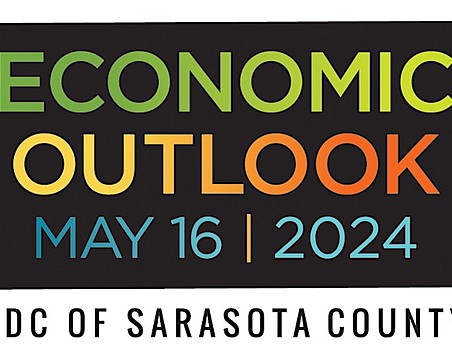Humanity will forever be a story-based culture. Brands are stories within themselves: a story of the company, the product or service, and how the consumer fits into the brand story. Branding will evolve along with technology, society and communication trends; it won't fade away into obscurity any time soon. Seeing as there are brand consultancies and a plethora of design consultancies adding brand work to their services list, it would take extensive cultural-wide shifts in media and product consumption to make branding irrelevant.
Here are some major trends that will impact the world of branding in the future.
Will “Big Data” change the way we purchase things?
It already has... big data has discretely engaged consumers to allow companies to adapt their products, services, communications and brand to best reach their audiences. The growing amount of automation involved in big data is streamlining the process for companies, for better or worse. What effective big data will do is help proactive companies better engage with their audience.
Does social media have sticking power?
Society-wide media consumption has existed since the dawn of civilization (think of cave paintings). “Social” media is merely the latest iteration of how media are consumed. It has sticking power in that there is currently no technology or social constructs that allow for faster or more engaging dialogue with others.
Within the past decade, social media has effectively curtailed the prevalence of email and phone calls through posts, tweets, snapshots and other quick-hit formats to share relevant media. Media consumption will never wane, merely adapt to new technology.
Is traditional advertising dead?
Until the current technology used is made completely obsolete, traditional advertising will still be utilized.
Print will not die until digital displays are truly ubiquitous. While computers, tablets, wristwatches and other digital mediums have irrevocably altered the advertising industry, print media is still consumed on a daily basis. Television as it is traditionally utilized is not dead, yet. I could see it being evolved into a fully digital medium in the next couple of decades. Radio as it is traditionally known is also not dead, yet. It is in a transitory period of migration to full digital. AM/FM usage will only die once satellite radio, podcasts and digital livestreams fully take over.
The real concern should be: Is traditional advertising still relevant? That is much more complicated. Advertising relevance is becoming increasingly segmented due to the ability of targeting the exact demographics desired by the marketer. Generations consume advertising and media in different methods. Those with easier access to digital media, products and services will generally find traditional advertising to be less relevant than their digital counterparts. Thankfully, most media companies have already taken steps toward utilizing the newer distribution methods. What newspaper doesn't have a Web version at this point?
Which will be more important: corporate branding or product branding?
Trick question.
Corporate branding guides product branding. Product and service brands are an extension of the corporate brand and should be guided by the corporate principles and personality. Without a clear corporate brand, product brands can wander from the preferred path and create miscommunications and misunderstandings.
And yet product branding is the public embodiment of the corporate branding. The opinions of your consumers are your corporate reality. How your products are perceived and engaged with directly affects how your corporate brand is perceived and engaged with. That is the essence of branding.
There's a growing level of holistic engagement from consumers with companies, products and trends. The steady growth of millennial consumers is forcing companies to be more transparent, accountable and engaging. Companies can no longer focus on either the corporate or product brand. A blended focus of the two working in tandem has become the strongest solution to brand management.
In sum, marketing is alive and well.
There are serious pressures on the art and science of marketing as we know it, but I believe the future of marketing will remain a key component of business for many generations. We live in ever-changing times and the speed of change is happening faster than ever. The changes today are more about the “medium than the message” to paraphrase Marshall McLuhan. Marketing will continue to evolve, but as I pointed out earlier, social media is as natural as cave painting and branding is a human instinct that goes back to the first clay pots created by human hands.
James R. Gregory is chairman of Tenet Partners, a brand innovation and marketing consultant. He has written four books on creating value with brands. Contact him directly at (203) 979-7914 or [email protected]





